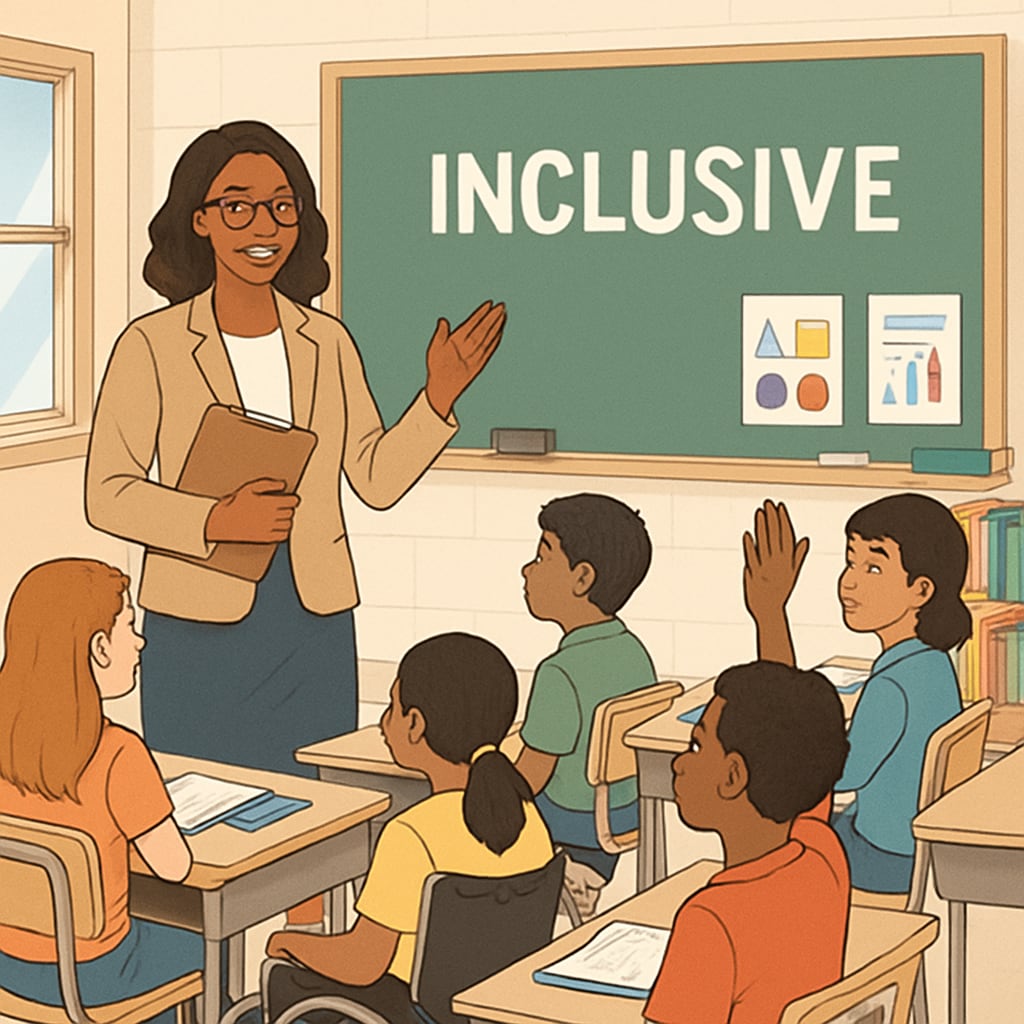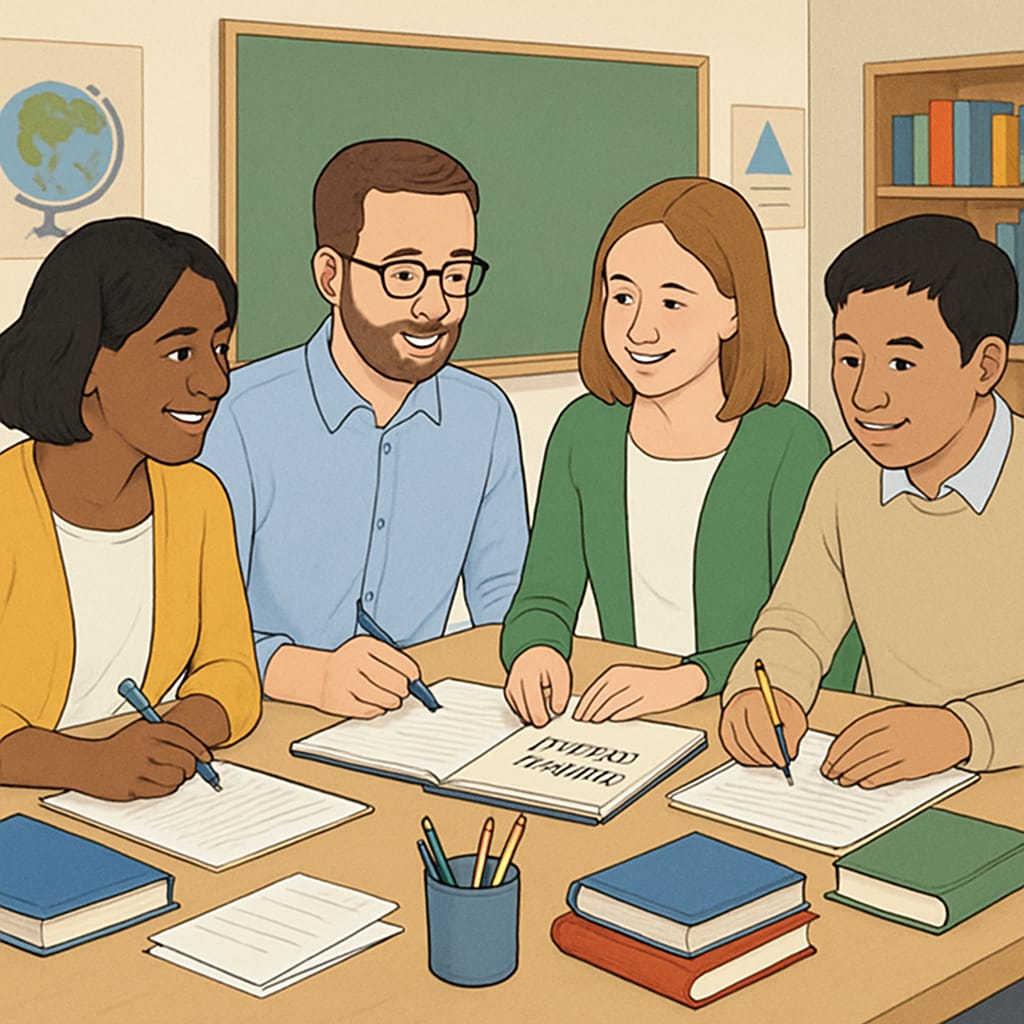Oklahoma’s recent decision to implement a political inclination test for out-of-state teacher applicants has stirred significant debate within the education sector. Advocates argue it ensures alignment with local values, while critics warn of its implications on fairness and diversity in education. This policy raises crucial questions about the intersection of politics and teaching, as well as the broader impact on student growth and educational integrity.

What Does Political Screening in Teacher Hiring Entail?
Political screening in teacher hiring refers to evaluating candidates based on their ideological beliefs or political affiliations. In Oklahoma, this approach reportedly includes assessing whether applicants align with conservative perspectives prevalent in the state. While proponents claim it ensures cultural compatibility, detractors caution against limiting diverse viewpoints that enrich classroom discussions and broaden students’ understanding of the world.
For example, restricting teachers to a homogenous political ideology could stifle debates on critical topics, such as civic engagement or environmental issues. As a result, students may lose the opportunity to explore multiple perspectives, undermining their ability to think critically.
Potential Impact on Education Diversity and Fairness
The implications of political screening extend beyond hiring decisions. By prioritizing ideological compatibility, this practice risks excluding qualified educators who bring varied experiences and perspectives. Diversity among teachers is essential for fostering inclusivity, understanding, and empathy among students.
Moreover, fairness in the hiring process becomes a concern. Screening candidates based on political beliefs could lead to accusations of discrimination, creating legal and ethical challenges. According to the Britannica definition of diversity in education, diverse teaching staff contributes to broader societal understanding and reduces biases—a goal potentially compromised by such policies.

Balancing Politics and Education: A Necessity
Education and politics are inevitably intertwined, as policies shape curriculum and classroom dynamics. However, the risk lies in allowing political agendas to dominate educational decisions. Teachers are expected to educate, not indoctrinate, and their role requires impartiality to serve students from varied backgrounds effectively.
States like Oklahoma must consider whether political screening aligns with the mission of education. The Wikipedia entry on education policy emphasizes the importance of balancing regulation with academic freedom. Striking this balance ensures that students benefit from diverse ideas without undue influence from partisan politics.
Moving Forward: Policy Reflection and Reform
Oklahoma’s policy presents an opportunity to reflect on the broader implications of intertwining politics with education. Policymakers must weigh potential benefits against the risks of alienating talented educators and compromising the diversity needed for holistic student development.
To ensure fairness and inclusivity, alternative measures should be considered, such as focusing on professional qualifications, teaching experience, and interpersonal skills. Encouraging open dialogue among educators and stakeholders can also help refine policies to better serve both teachers and students.
In conclusion, while political screening may aim to align teachers with local values, its long-term impact on educational diversity and student growth warrants careful consideration. As the debate unfolds, the education sector finds itself at a crossroads, grappling with the delicate balance between politics and pedagogy.


